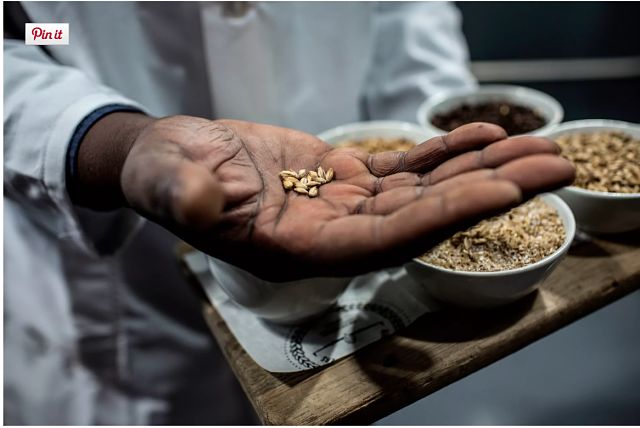 The initiatives of the Green Revolution served a purpose, but it's past time to update them for a new era. (Getty Images)
The initiatives of the Green Revolution served a purpose, but it's past time to update them for a new era. (Getty Images)
AFRICA NEEDS A NEW APPROACH IN ITS BATTLE AGAINST HUNGER
A quarter of the world’s hungry people are in sub-Saharan Africa and the numbers are growing. Between 2015 and 2016, the number of hungry—those in distress and unable to access enough calories for a healthy and productive life—grew from 20.8 percent to 22.7 percent. The number of undernourished rose from 200 million to 224 million out of a total population of 1.2 billion.
Conflict, poverty, environmental disruptions, and a growing population all contribute to the region’s inability to feed itself.
To tackle hunger, the continent needs to find new, integrated approaches. These approaches—discussed at a recent Harvard University conference—must increase crop yield, enhance the nutritional content of people’s diets, improve people’s health, and promote sustainability.
This may sound like a mammoth, perhaps insurmountable task. But Africa can learn from the experiences of the Green Revolution, set into motion by the United States in the 1960s. The initiative was launched in response to major famines and food crises in the 1940s and ’50s. It was a complex exercise that demonstrates the power of science, technology, and entrepreneurship in solving global challenges.
The Green Revolution is estimated to have saved up to one billion people from starvation. Africa needs to stage its own version if its to help save its people from hunger. Its lessons are instructive because of the need to approach the hunger crisis as a complex problem—and not just to raise crop yields or aggregate food production.
Geopolitics was the biggest impetus for the Green Revolution. The U.S. and the Soviet Union were locked in the Cold War. The Soviets championed a model of collectivized agriculture; the U.S. dreamed up and implemented the Green Revolution.
—
Related:
An Africa Update From U.S. Rep. Bass
Africa: Trump for Human Rights? Really?
Meet Trump’s Top Africa Official, Former Ambassador to Ethiopia Donald Yamamoto
New Study on Trump Administration’s Impact on U.S.-Africa Relations
Join the conversation on Twitter and Facebook.

























